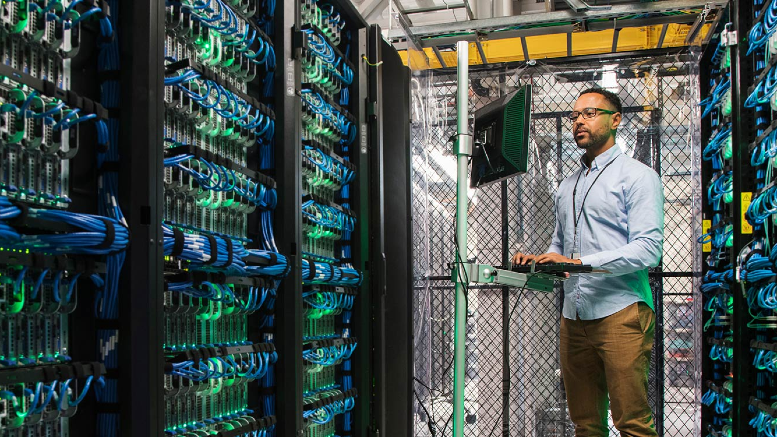Technology Has the Power to Disrupt, but Also to Refine
octubre 5, 2021 / Unisys Corporation
In my last blog, I talked about how technological advances in some areas can end up completely disrupting different industries. But technology does not always disrupt. It can also accelerate and refine processes in order to meet ever-increasing customer expectations.
Most of us in business are confronted with an ever-changing landscape so a “career lifetime lens” is a good way to look at the magnitude of change we’ll all have to deal with. Let’s start with an example we are all familiar with: fuelling your vehicle. When I was young, you filled up your car with gas at owner-operated stations. These mostly smelled of oil and the air was filled with the sound of air-impact wrenches working on a car on the lift.
The owner stopped working on the car on the lift upon your arrival, filled your tank, washed your windshield, and checked your oil. It was a social experience, and not a particularly quick one.
Fast forward to today and think about what you now expect at your filling station. Firstly, you do all the work, and secondly you don’t have to interact with anyone if you don’t wish to, thanks to credit card activated pumps.
On top of this, you can now purchase anything you might find in a small grocery store. But most importantly of all, it will be fast – 10 minutes max from start to finish. Very different expectations and very different experiences.
Back to the thought in my last blog. Technology is changing elsewhere. In this case, electric automobiles. But what’s the catch? The it-will-be-fast piece of the equation is about to change. Most electric automobiles require more than 45 minutes to sufficiently charge. No problem if you charge them outside your home overnight. But what if you’re a salesperson constantly on the go? In this case, an entire new business model could emerge. Perhaps restaurants combined with charging stations are going to be the next big thing. Or places your car will automatically direct you to based on your scheduler for the day, where you can meet and charge.
It is important to ask yourself how your business might change in the future. Speed and ease of use are the order of the day in 2021. Just consider public services provided by the government. Citizens are increasingly exposed to tech-led services which put customer convenience first, so they no longer expect to queue up for half an hour only to be told they filled in the wrong form.
A great example of technology streamlining government systems, and certainly not disrupting them, is in Switzerland. The system of direct democracy there enables citizens to participate actively in what is happening in their country. Referendums are taken as many 10 times per year in each municipality. The municipality checks and counts the submitted documents and sends the results forwarded to the canton for further processing.
Unisys steps in to provide preliminary results – with an emphasis not only on speed but also accuracy, since it indicates critical information on who is winning an election. We are using technology to supports municipalities in this recurring work in order to automate and accelerate it. The voting system is consistently based on proven and open technologies, and the application was designed in particular with the focus on simple user processes, necessary security aspects, high system availability and performance.
This improvement to the existing systems came about in Switzerland as a result of careful planning, but sometimes unexpected events can force us to adapt rapidly. The coronavirus pandemic has provided a fascinating example of this. Public funds have been slashed as a result of the strain on government resources, and public services have had to ask how they can provide what is required while spending less money.
Technology is stepping in to increase efficiencies and cut costs. In the Philippines, every time you apply for a mortgage or a car loan, you need to provide documents – marriage or birth certificates, for example – and those documents often had to be re-issued. This involved lots of physical contact and queuing, which became unacceptable due to COVID-19.
As a consequence, we developed a digital platform supporting the country throughout the pandemic. Our digital government services were introduced to modernise the Civil Registry System and manage the end-to-end process to originate, authenticate, secure and issue civil registry documents such as birth certificates to citizens. The results were a reduction of the time to fulfil document requirements from up to 10 days down to as few as 30 minutes. The public was unsurprisingly delighted, with citizen satisfaction ratings leaping from 20% to 86%.
What do these examples tell us? First and foremost, that governments and businesses are very similar in their need to be open to change. Not only to survive, but also to open up new opportunities for themselves.
Humans have a habit of adapting and evolving when hit with unforeseen challenges. So, it is perhaps only natural for us to deploy increasingly sophisticated technological solutions as part of our creative arsenal as we embrace a future where the unexpected is seemingly guaranteed.





















